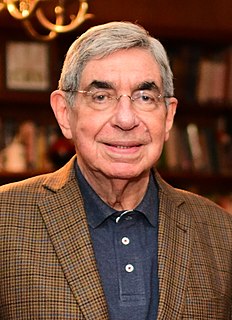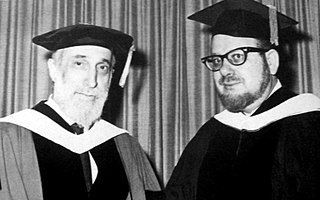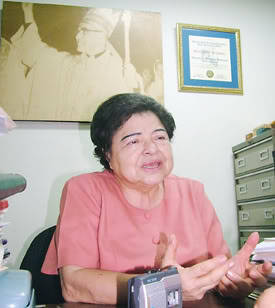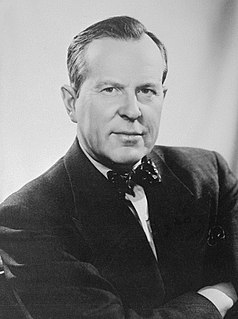A Quote by Edward Gibbon
The terror of the Roman arms added weight and dignity to the moderation of the emperors. They preserved the peace by a constant preparation for war.
Related Quotes
For ages the world has been living by the stupidity of an old Roman adage that says if you want peace, prepare for war. As if anything said in ancient times must be wise, people have used this phrase to justify some of the most unjustifiable arms build-ups, which, far from creating peace, has only become a self-fulfilling prophecy.
Peace is never long preserved by weight of metal or by an armament race. Peace can be made tranquil and secure only by understanding and agreement fortified by sanctions. We must embrace international cooperation or international disintegration. Science has taught us how to put the atom to work. But to make it work for good instead of for evil lies in the domain dealing with the principles of human dignity. We are now facing a problem more of ethics than of physics.
The image of a free constitution was preserved with decent reverence: the Roman senate appeared to possess the sovereign authority, and devolved on the emperors all the executive powers of government. During a happy period (A.D. 98-180) of more than fourscore years, the public administration was conducted by the virtue and abilities of Nerva, Trajan, Hadrian, and the two Antonines.
War is harmful, not only to the conquered but to the conqueror. Society has arisen out of the works of peace; the essence of society is peacemaking. Peace and not war is the father of all things. Only economic action has created the wealth around us; labor, not the profession of arms, brings happiness. Peace builds, war destroys.
"The War on Consciousness" is really all physical manifestations and all those problems are ultimately just a war on your way of thinking. Especially now, when we're involved in the war on terror. Terror is a psychological term. Terrorism is a political term. Terrorist is a sociopolitical term. But terror is a psychological thing.
How can I, that girl standing there, My attention fix On Roman or on Russian Or on Spanish politics? Yet here's a travelled man that knows What he talks about, And there's a politician That has read and thought, And maybe what they say is true Of war and war's alarms, But O that I were young again And held her in my arms!




































